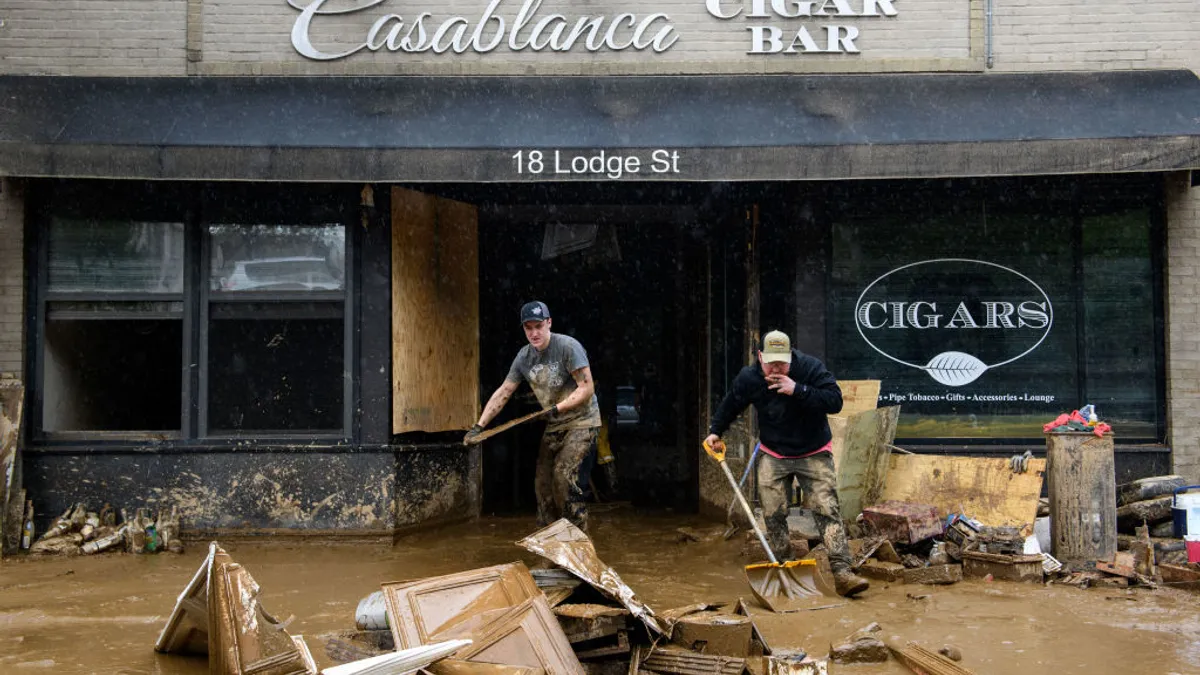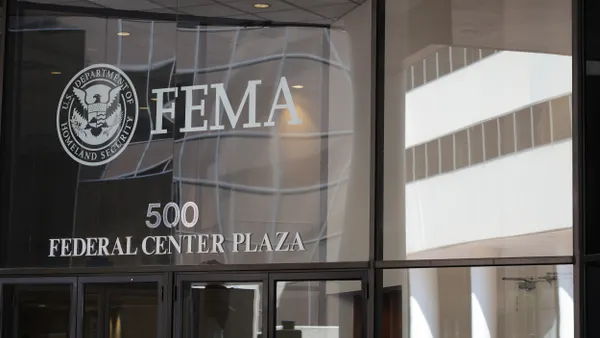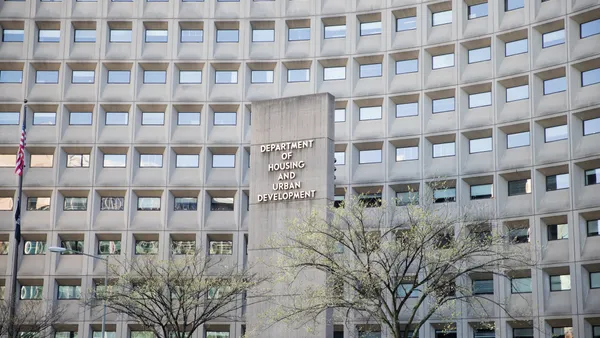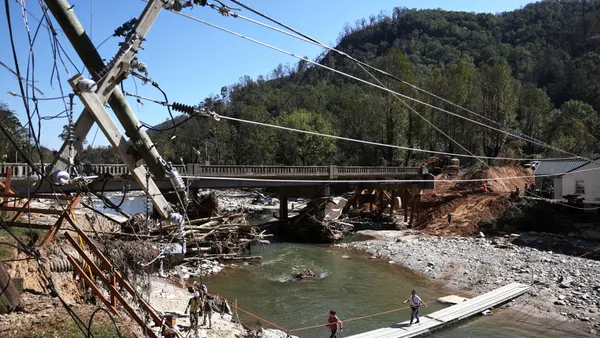The U.S. Department of Housing and Urban Development announced on Tuesday that it has allocated almost $12 billion in disaster recovery funds to communities nationwide.
HUD uses Community Development Block Grant-Disaster Recovery funds to help cities, counties, states and tribes recover from presidentially declared major disasters, especially in low-income areas.
Adrianne Todman, who leads HUD, made the grant allocation announcement in Asheville, North Carolina, where Hurricane Helene obliterated homes and infrastructure and left people dead in September. The recent CDBG-DR awards include $1.4 billion for North Carolina and $225 million for the city of Asheville to address the damage.
“These funds will give us the opportunity to repair and enhance infrastructure, address housing, and support business recovery,” Asheville Mayor Esther Manheimer said in a statement. “Restoring our city's infrastructure is a top priority and rebuilding stronger will ensure our long-term resilience.”
In total, HUD allocated grants to eight cities, 15 counties, 23 states and one territory to help them recover from and build resilience to weather-related disasters.
Detroit also received funding. It plans to use its $346.8 million to fix its failing, aging alley sewer lines, which have led to basement floods throughout the community. The funding is tied to severe storms that Detroit experienced in August 2023, overwhelming the public regional sewer system.
“We have 1,800 miles of old alley sewer lines built 70-90 years ago for a city of 1.8 million residents,” Detroit Mayor Mike Duggan said in a statement. “With 700,000 residents today, there is no way we’d be able to address a problem of this magnitude without significant federal support.”
HUD also announced Tuesday that it has published a Universal Notice for the grant program. Developed with feedback from grantees, stakeholders and disaster survivors, the Universal Notice offers guidance for communities recovering from disasters, HUD says. Updates to the Universal Notice include the creation of new eligible disaster resilience activities and increased flexibility to certain requirements and procedures, the agency says. The new guidance also allows grantees to adopt any other federal agency’s environmental review for CDBG-DR projects, saving time and money for grantees using multiple federal funding sources in one project.
HUD is finalizing plans for a new portal that will speed the process of sharing Federal Emergency Management Agency data with grantees. The housing agency says that the portal should be available to grantees later this year.












